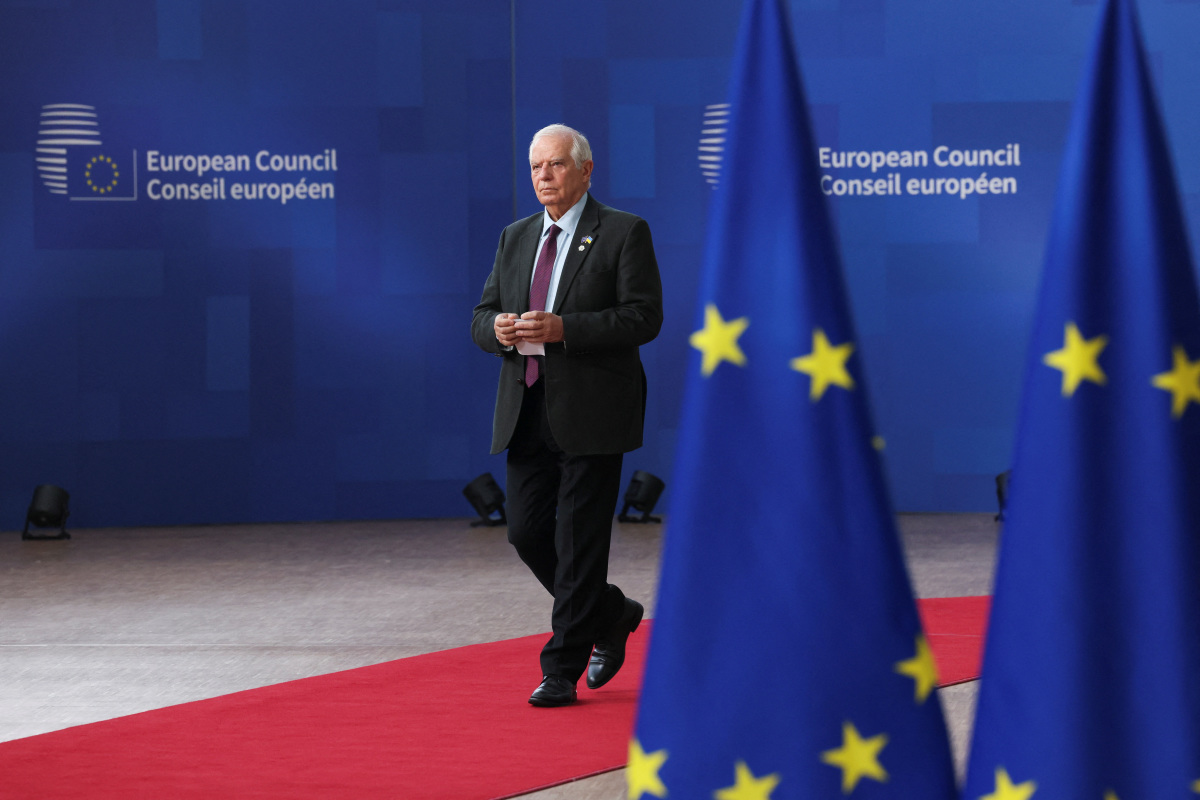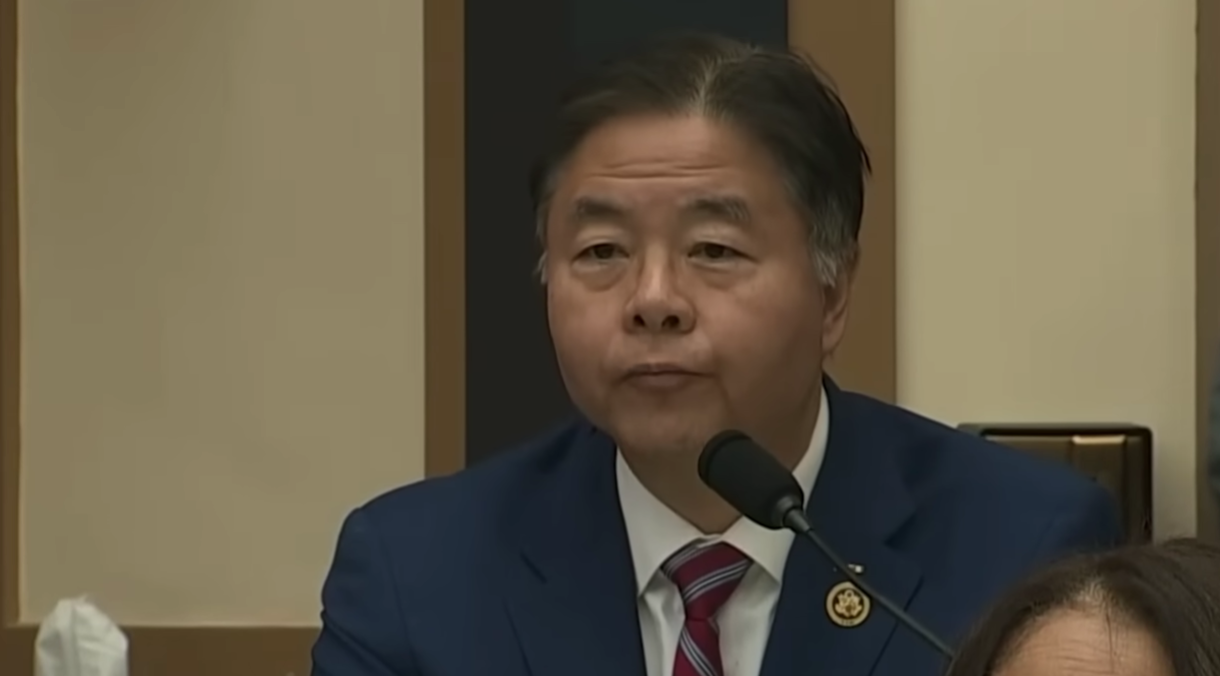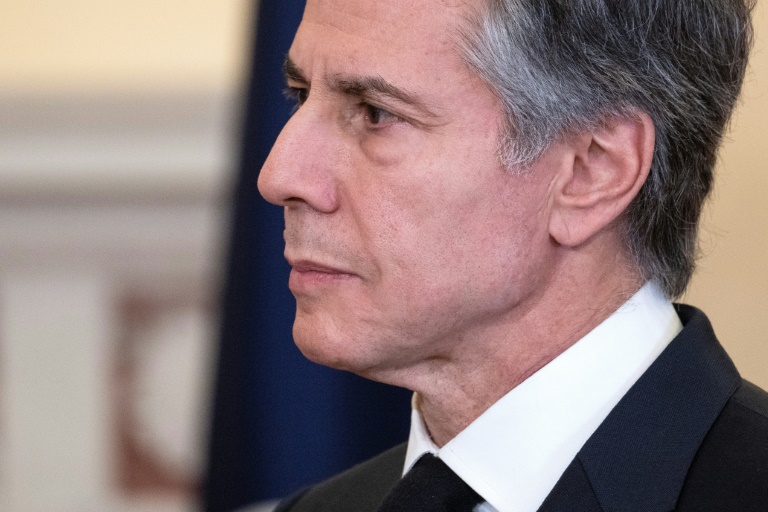Reuters
European Union foreign policy chief Josep Borrell on Sunday backed a call for the bloc’s members to buy arms jointly to help Ukraine but warned it would not solve Kyiv’s urgent need for more ammunition now.
Borrell was responding to an Estonian proposal for the EU to place large ammunition orders on behalf of multiple member states to speed up procurement and encourage European arms firms to invest in increasing their production capacities.
EU officials and diplomats say they are urgently exploring the possibility of joint procurement of 155 millimetre artillery shells to help Kyiv defend itself against Russia. EU foreign ministers are expected to discuss the Estonian plan in Brussels on Monday.
In a panel discussion with Estonian Prime Minister Kaja Kallas in Munich on Sunday, Borrell said: “I completely agree with the Estonian prime minister’s proposal, we are working on that and it will work.”
But in a speech before the discussion, Borrell said joint procurement could only bear fruit in the medium term. Right now, Ukraine’s supporters must quickly send supplies from existing stocks, he said.
“This shortage of ammunition needs to be solved quickly. It’s a matter of weeks,” Borrell told the Munich Security Conference, an annual gathering of policymakers.
“This cannot be solved by going into joint procurement … because any procurement that comes to the market will come at the end of a queue of a long list of orders already passed by the member states.”
A major move into joint procurement of munitions would be a sign of greater EU integration, as arms-buying has so far largely been the preserve of the bloc’s national governments.
Such a step would need the approval of EU member countries. Several have already indicated they are in favour but the position of others remains unclear.
Kallas told the Munich conference that Russia was firing as many artillery shells in a day as Europe produces in a month.
But she said European defence industry leaders had told her they had yet to receive orders big enough to boost production or invest in increased capacity.
She suggested some European countries were wrongly assuming that the need for more ammunition was a short-term issue.
“It seems to me that some of the countries are still in the hope that it will go away,” she said.







